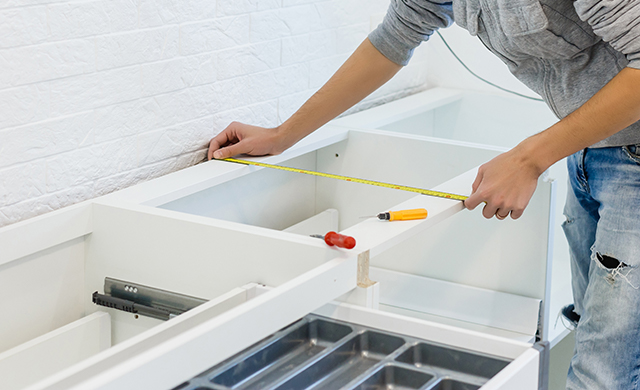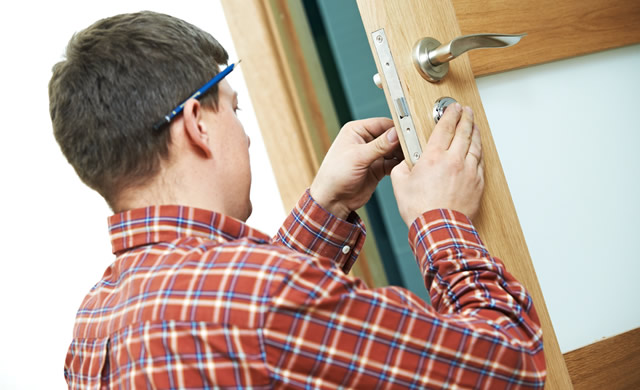REALTORS® Work to Protect You From Fraud
Texas REALTORS Staff2022-12-06T01:30:48-06:00With such large amounts of money involved, real estate transactions are prime targets for scammers. One fraud involves criminals who trick homebuyers into wiring their down payment money to the criminals’ bank account. Once the money is deposited into the wrong account, it’s quickly lost in a labyrinth of bank transfers. The buyers’ funds are difficult to recover. Professionals Looking Out For Your Interests REALTORS®—those real estate agents who join the national, state, and local associations of REALTORS®—work together to make real estate transactions as safe as they can be. Your REALTOR® may talk with you about steps you can take to avoid scams. Texas REALTORS® even provides a flier its members can share with clients to help you learn how to prevent real estate wire fraud. A Century of Protecting Real Estate Buyers and Sellers REALTORS® in Texas have been setting the highest standards for professionalism for more than 100 years. In fact, one reason the association was formed in 1920 was in response to unscrupulous businesspeople. These “curbstoners,” as they were called, were cheating honest Texans in real estate scams, so ethical real estate brokers came together to do something about it. These professionals formed an association that worked tirelessly to require real estate licenses in Texas. REALTORS® also were the driving force to create the Texas Real Estate Commission, the state entity that regulates real estate license holders and safeguards consumers in matters of real property transactions. You can count on Texas REALTORS® to continue to fight on behalf of high standards and consumer protection in the future. Working With a REALTOR® Gives You Peace of Mind A real estate transaction can be a complex and big financial decision. It’s nice to know that someone is on your side, looking out for your best interests. Your REALTOR® puts your interests first, and REALTORS® in Texas work collectively to make real estate transactions and ownership better for everyone.










